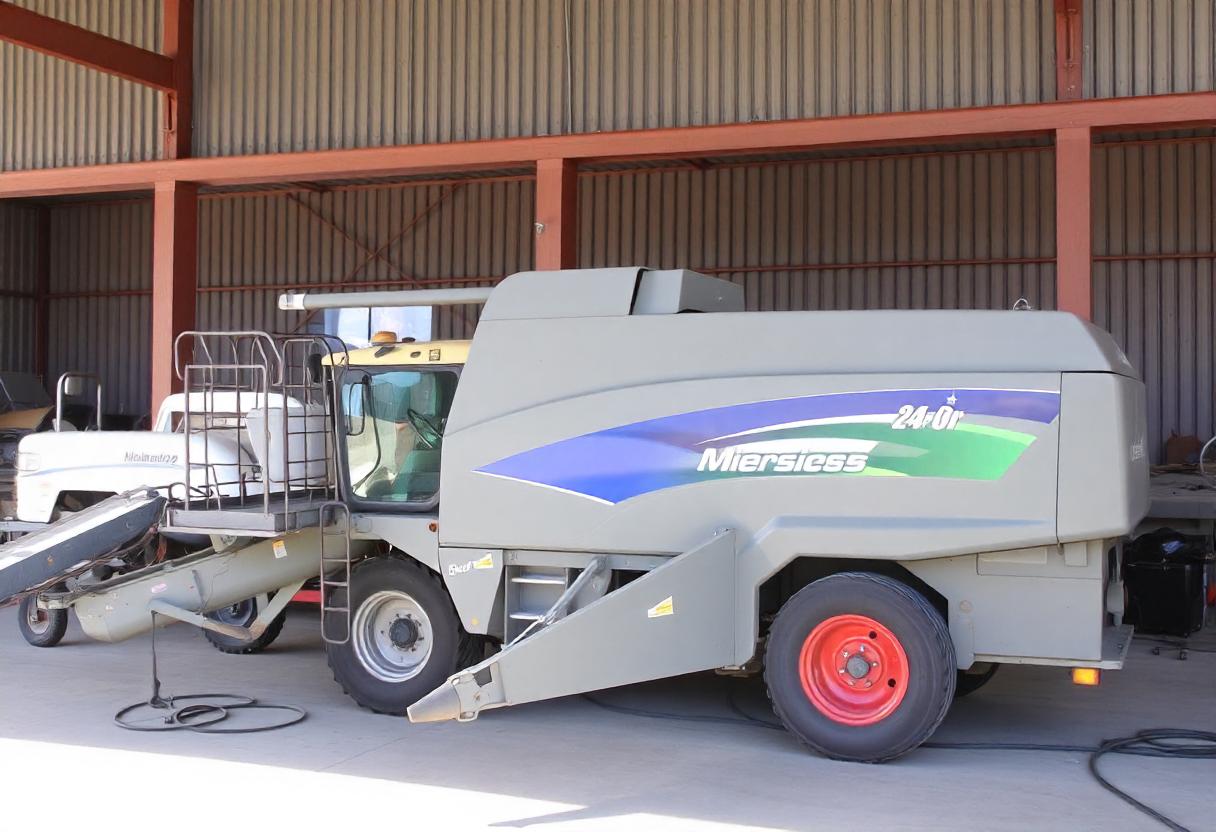
What Are Agriculture Machines?
Agriculture machines are specialized tools and equipment designed to facilitate various farming operations. These machines are used to improve efficiency, increase productivity, and reduce the manual labor required for agricultural activities. They range from simple hand-operated tools to complex, fully automated machinery that handles tasks such as planting, harvesting, irrigation, and soil preparation.
Types of Agriculture Machines
There is a wide range of agriculture machines, each serving a specific purpose in the farming process. Common types include:
- Tractors: Versatile machines used for plowing, tilling, and pulling other equipment.
- Combine Harvesters: Machines that automate the process of reaping, threshing, and winnowing crops.
- Seeders and Planters: Equipment used to plant seeds accurately and efficiently in rows or furrows.
- Irrigation Systems: Automated or semi-automated systems that control water distribution across fields.
- Plows and Tillers: Tools for breaking up soil to prepare it for planting and improving soil aeration.
Benefits of Using Agriculture Machines
The use of agriculture machines offers several key benefits, including improved efficiency and higher yields. By automating labor-intensive tasks, these machines reduce the time and effort required for farming operations. They also enable farmers to cover larger areas of land, enhancing overall productivity. Additionally, agriculture machines help improve the accuracy of tasks like planting and harvesting, resulting in more uniform crop growth and reduced waste.
Technological Advancements in Agriculture Machinery
Technological advancements have transformed agriculture machines into highly sophisticated tools. Modern machines are often equipped with GPS systems, sensors, and data analytics software that enable precision farming. Drones and autonomous machines are also increasingly being used for monitoring crop health, spraying pesticides, and mapping fields. These innovations contribute to more efficient resource management and can significantly reduce the environmental impact of farming.
Challenges in Using Agriculture Machines
Despite their benefits, there are challenges associated with using agriculture machines. The initial cost of purchasing advanced machinery can be prohibitive for small-scale farmers. Additionally, regular maintenance and repairs are essential to ensure the longevity of the equipment. Farmers may also require specialized training to operate complex machines safely and effectively. However, governments and agricultural organizations often provide subsidies and training programs to help farmers access and utilize modern machinery.
Future of Agriculture Machinery
The future of agriculture machinery is likely to be dominated by automation and artificial intelligence (AI). Autonomous tractors, AI-driven harvesters, and robotic weeders are becoming more prevalent in modern farming practices. These machines have the potential to revolutionize the agriculture industry by further reducing labor costs, increasing precision, and enhancing sustainability. As technology continues to evolve, agriculture machines will play an even more critical role in meeting global food demand.